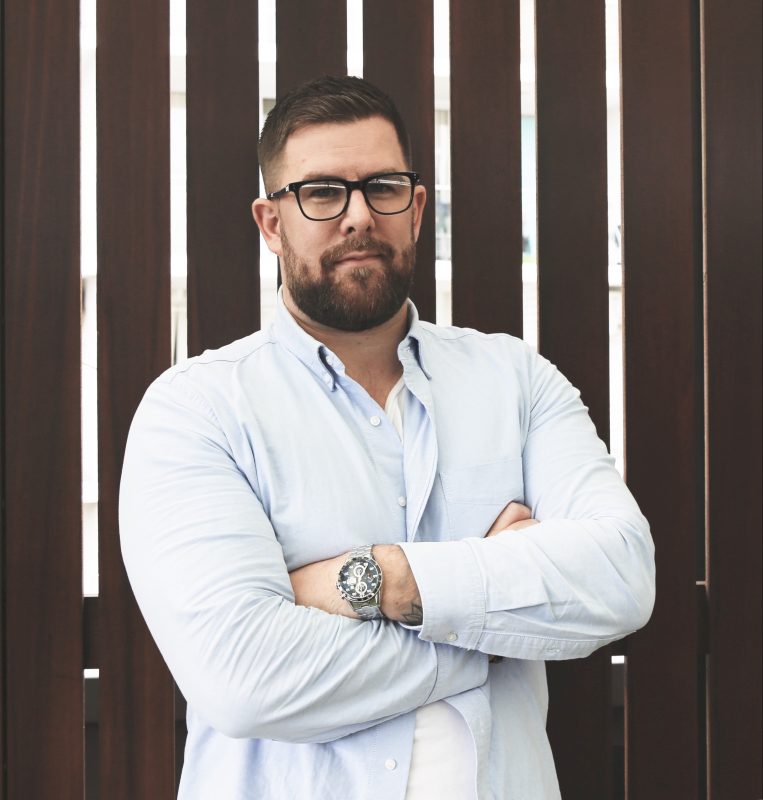Davy Rennie becomes national managing director of DDB’s Tribal
Interbrand managing director Davy Rennie is making the move across to DDB’s digital arm Tribal as national managing director, Mumbrella can reveal.
The agency was first established in Australia in 1999, just before all DDB digital branches were integrated under the Tribal name. Despite some high-profile clients including McDonald’s, Volkswagen and Westpac, and a 2012 re-launch with Phil Dowgierd and Richard Lloyd at the helm, the agency has not made the same splash in Australia as it has overseas.

Davy Rennie has made the move from Interbrand to become Tribal’s national managing director
Rennie has his work cut out for him bringing Tribal Australia up to the level of recognition of its overseas counterparts. However, Rennie doesn’t see Tribal as unsuccessful. Instead he believes there is just more for them to achieve.


What’s that about skating to where the puck is headed?
This talk of consultants, Experience etc – not exactly new territory. Methinks they might be a little late!
6AM needs some viagra for their eyes to take a long, hard look at themselves.
i think mumbrella would do well to go back to basics on journalistic objectivity.
vivienne here is some info:
https://en.m.wikipedia.org/wiki/Journalistic_objectivity
Hi V,
I suspect this comment has ended up on the wrong article, but I will publish it anyway.
Thanks for the advice,
Vivienne – Mumbrella